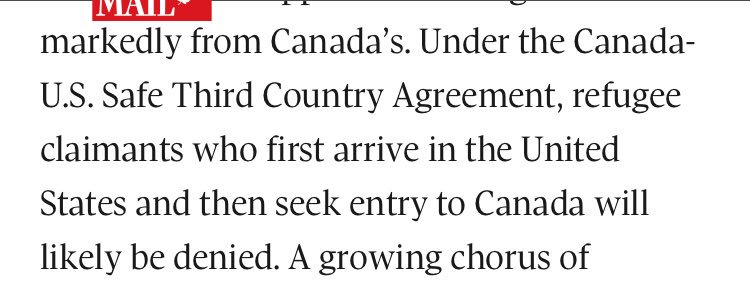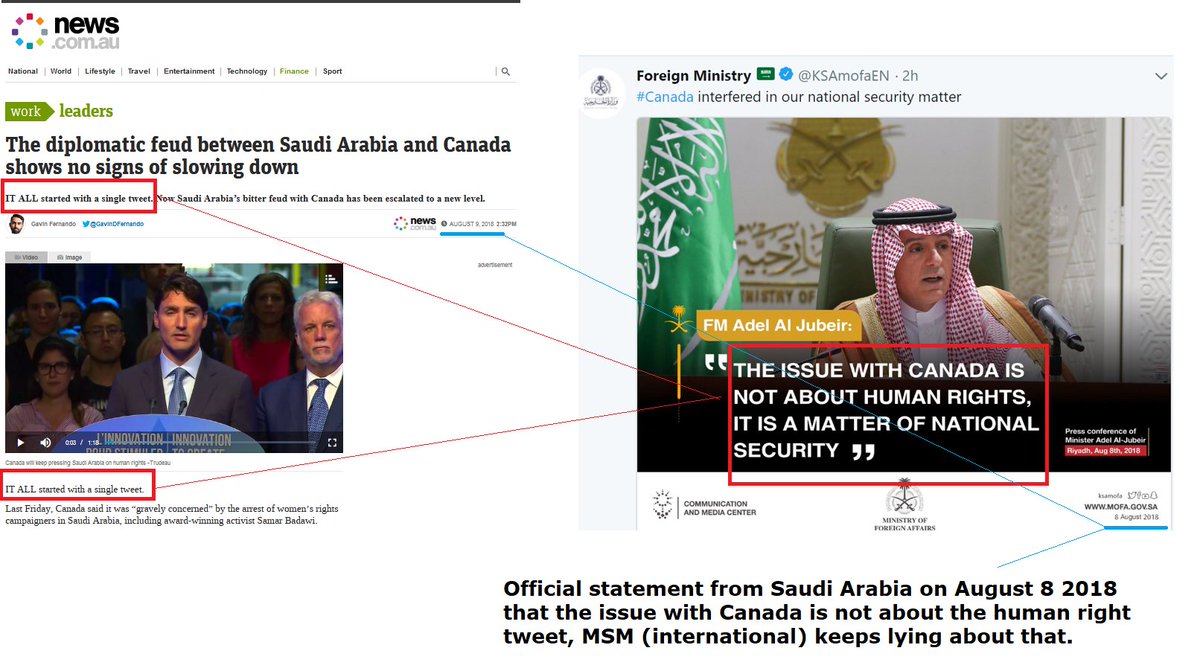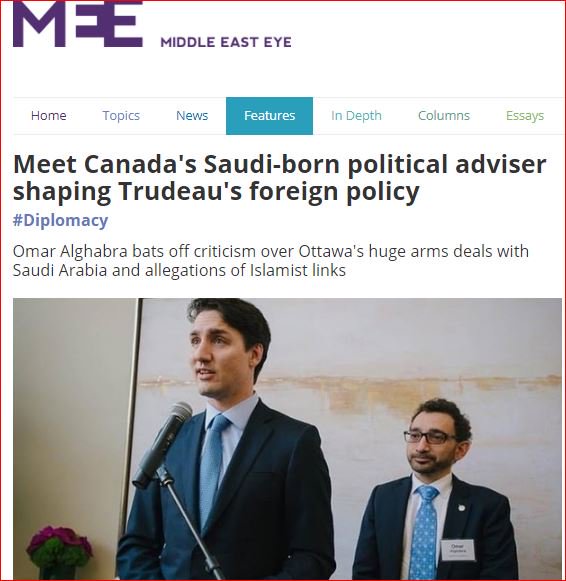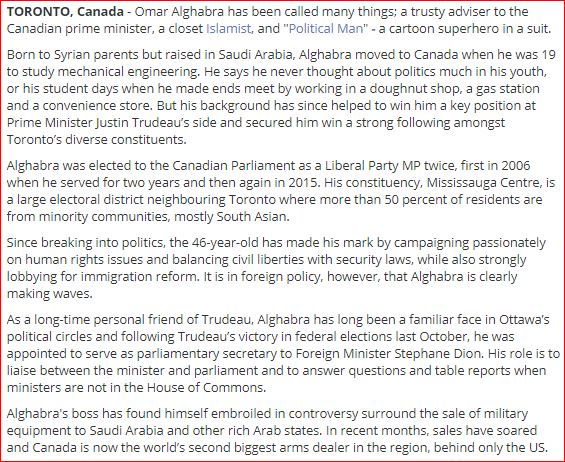The reason I focused on that question and gave the answer I did is because I think that is one of the key problems driving women out of science right now. It’s certainly something I see among female students who are forgoing further study.
TriCouncil = NSERC, CIHR, SSHRC
CFI = Canada Foundation for Innovation
NSERC = Natural Sciences and Engineering Research Council of Canada
CIHR = Canadian Institutes of Health Research
SSHRC = Social Sciences and Humanities Research Council of Canada










